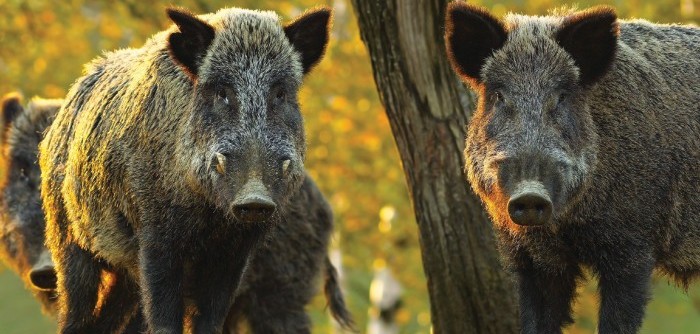African swine fever has been confirmed by the Belgian authorities, representing a hugely worrying leap of the virus into western Europe.
The country’s food safety agency said it had identified wild boar carrying the disease around the southern village of Étalle, in the Belgian province of Luxembourg. The official OIE report shows four wild boar were affected, three of which were dead, while the other was shot.
The Belgian authorities said they were working across Government to prevent the possible spread of the disease among wild boar and onto pig farms, which it stressed were currently ‘unscathed’ from the disease.
The food agency said it held an emergency meeting today to identify the measures to be adopted following the confirmation of the virus.
“The fight against the disease is not a public health issue but an animal and economic health issue,” it said.
The source of the outbreak has not been confirmed but the agency said the recent increased levels of spread across much of Europe ‘could be the consequence of introducing leftover food left behind by travellers from infected areas’.
“African swine fever is a contagious viral disease affecting pigs and wild boars, and by no means humans. This virus can be transmitted easily from one animal to another either through close contacts between individuals, or by contaminated equipment (transport equipment, boots, etc.) or via food remains carrying the virus and abandoned by humans.
“There is currently no treatment or vaccination against the disease. Strict prevention and control measures are defined at European and national level.”
The agency said ‘field monitoring measures’ were in place’, enabling the authorities to detect the suspected cases in dead boars.
“Samples were taken directly and sent to Sciensano. He confirms today that wild boars carry the virus responsible for ASF. Wildlife control and prevention measures within pig farms are now being implemented at the regional and federal levels, respectively, in a high-performance collaborative framework. Biosecurity in pig farms is essential and the FASFC ensures that it is permanently properly insured,” the agency said.
“The situation is taken very seriously by the various authorities and levels of power in Belgium and the measures are carefully put in place and monitored, given the potential impact for the livestock and hunting sectors. A national task force was set up in early 2018 in this context. The different levels of power will continue to work closely together to maximize the effectiveness of prevention and control measures.”




